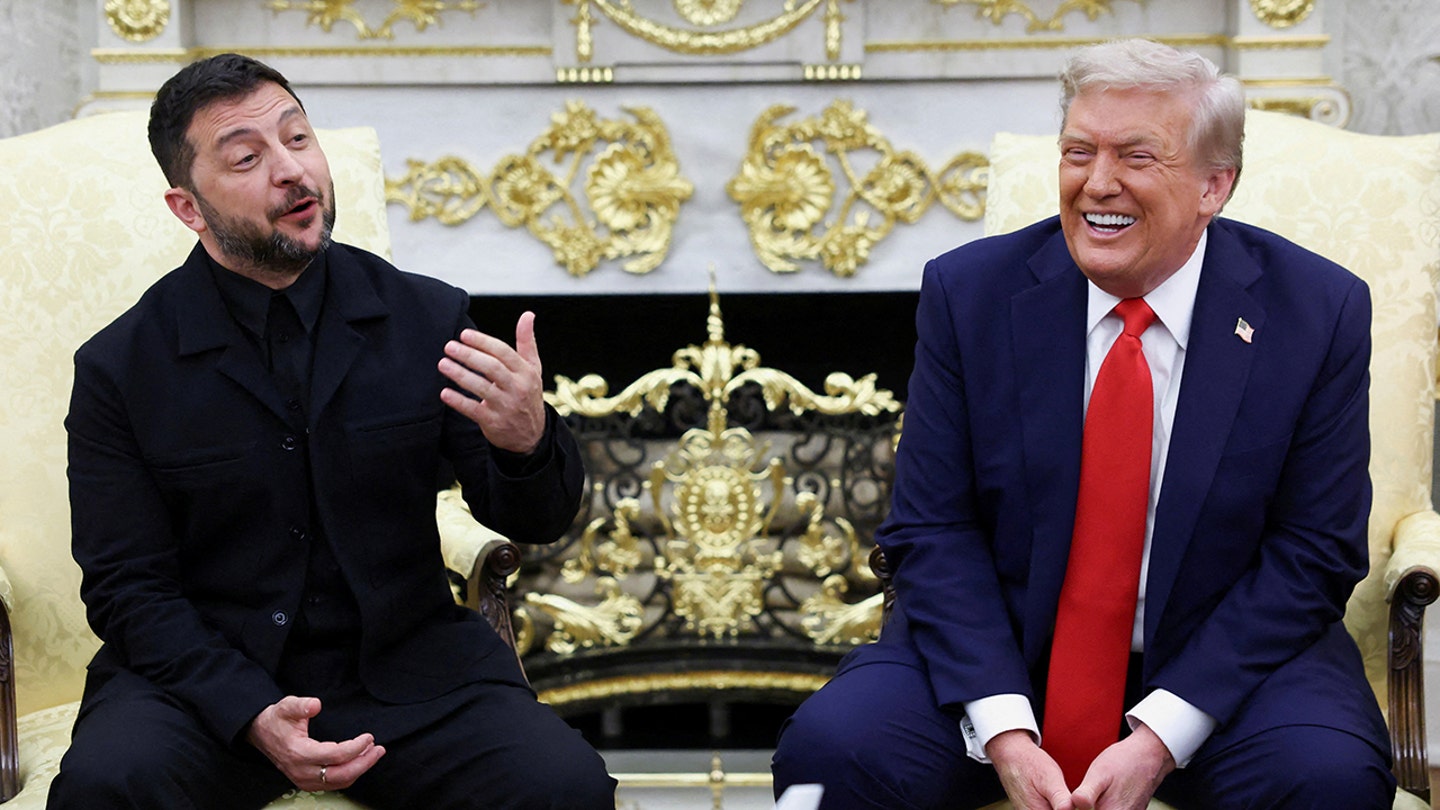
5 key moments inside Trump’s ‘big day’ with Zelenskyy, European leaders
Entities mentioned:
- Donald Trump: Power, Influence, Legacy
- Volodymyr Zelenskyy: Determination, Unity, Self-preservation
- Vladimir Putin: Power, Control, Influence
- JD Vance: Duty, Loyalty, Professional pride
- Ursula von der Leyen: Unity, Security, Peace
- Friedrich Merz: Unity, Security, Peace
- Emmanuel Macron: Unity, Security, Obligation
Article Assessment:
Credibility Score: 70/100
Bias Rating: 65/100 (Lean Right)
Sentiment Score: 65/100
Authoritarianism Risk: 35/100 (Generally Democratic)
Bias Analysis:
The article leans slightly right, focusing heavily on Trump's actions and portraying them in a generally positive light. While it includes multiple perspectives, the framing tends to emphasize Trump's leadership and diplomatic efforts.
Key metric: International Relations and Diplomacy
As a social scientist, I analyze that this article highlights a significant shift in diplomatic approach towards the Russia-Ukraine conflict. Trump's meetings with European leaders and Zelenskyy demonstrate an attempt to broker peace without a ceasefire, which is unconventional. The united European front and Trump's emphasis on Europe taking more responsibility for Ukraine's security indicate a potential realignment of international roles in the conflict. The article suggests a move towards more direct negotiations between conflicting parties, with the U.S. playing a facilitating role. This approach could significantly impact the trajectory of the conflict and reshape international diplomatic norms in conflict resolution.

Trump wants DC to charge 14-year-olds as adults. Here’s where the district’s laws stand
Entities mentioned:
- Donald Trump: Power, Control, Righteousness
- Jeanine Pirro: Justice, Control, Righteousness
- DC Attorney General's Office: Justice, Duty, Professional pride
- Eduardo Ferrer: Justice, Professional pride, Duty
- Christina Henderson: Justice, Duty, Self-respect
Article Assessment:
Credibility Score: 75/100
Bias Rating: 55/100 (Center)
Sentiment Score: 35/100
Authoritarianism Risk: 55/100 (Mixed/Neutral)
Bias Analysis:
The article presents multiple viewpoints, including those of Trump/Pirro and local officials/experts. While it gives slightly more space to critiques of the tough-on-crime approach, it still presents the arguments for stricter measures, maintaining a relatively balanced perspective.
Key metric: Violent Crime Rate
As a social scientist, I analyze that this article highlights a significant debate over juvenile justice policies in Washington D.C., with potential implications for the city's violent crime rate. The push by Trump and Pirro for harsher treatment of juvenile offenders reflects a tough-on-crime approach, contrasting with the more rehabilitation-focused current policies. This conflict underscores tensions between federal and local control over D.C.'s justice system. The debate also touches on broader questions of effective crime prevention, the balance between punishment and rehabilitation for young offenders, and the long-term societal impacts of different approaches to juvenile justice. The article suggests that changes to D.C.'s juvenile justice laws could potentially impact violent crime rates, though the effectiveness of such changes is disputed by some experts and local officials.